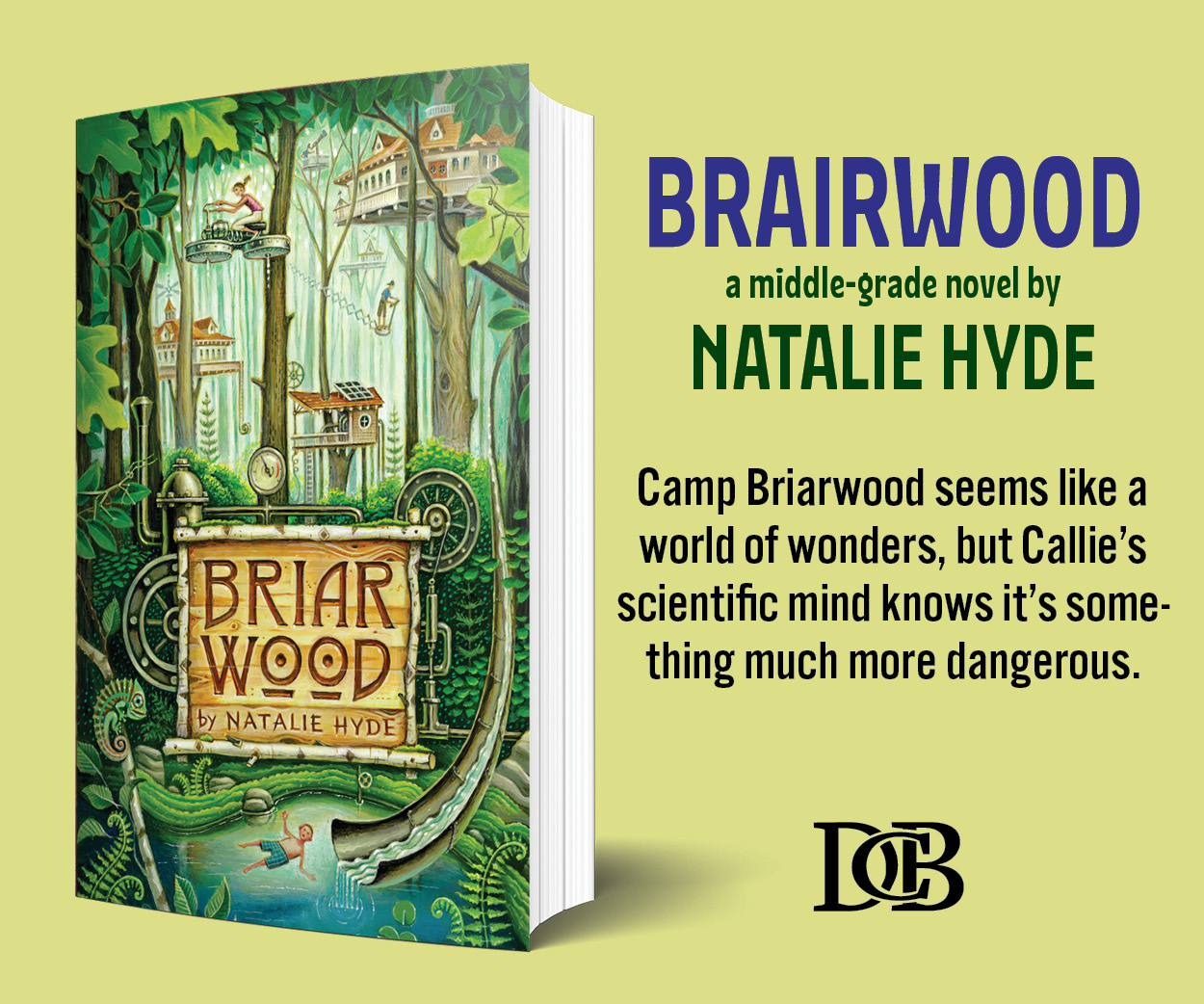Sugar Belly's Bamboo Sax
By Pamela Mordecai
We were teenagers, older teens.
On Saturday morning, we’d go down to Victoria Pier, named after the Queen whose Day we celebrate as I type, so that I just found myself ducking fireworks that seemed dangerously close to this window! The Pier and the famous Myrtle Bank Hotel were casualties of a government redevelopment initiative in the 1960s. It was at the bottom of King Street in downtown Kingston, and so right on Kingston Harbour, and there you could hear Sugar Belly (born William Walker, but known to no one by that name) playing mento music with his rhumba band.
Mento is traditional Jamaican country music though purists may argue whether there is a line between the two. Certainly it is the music out of which reggae came by way of ska and rock steady. Its style is sometimes described as “shuffle and one-drop.” The instruments used for mento are various but included in the beginning a banjo, guitar, bamboo sax, bongo drums, shakers, a variety of percussion instruments, and a rhumba box. Also known by many other names including marimbula. mbira or kalimba, the rhumba box is a thumb piano made from a wooden box with a large hole cut in front over which are placed tuned metal tines that are plucked to produce the sound. The rhumba boxes I knew were of pretty crude construction, but that didn’t matter to the sound. (Most of the ones I now see on the net are very fancy though there’s one example of the type familiar to me at http://www.mentomusic.com/What...) The rhumba box produced the bass line for mento music and the musician playing it often sat on top of it.
What Sugar Belly, an entirely self taught musician, was renowned for was his playing of the bamboo sax, a reed instrument that he thought up and created himself. In the first YouTube clip I'm going to try to put up here, he shows off the sax and describes how he made it.
From the bamboo sax, the only homegrown (in JA, that it) reed instrument I know, he produced a warm, versatile, fluid, saxophone-like sound. The other YouTube tape I'm hoping I can manage to post is of him making the bamboo sax wail as he plays “Wonderland by Night” with the Canefields.
I sometimes get fierce at our failing to preserve aspects of our culture, our literature, and the remarkable catalogue of all kinds of Jamaican performance – musical, theatrical, terpsichorean, etc. I get angry too when we are lazy and fail to get things right. Tonight, the lack of recordings and information on Sugar Belly, whose playing I listened to as a young woman, reinforces how important it is for us, everywhere, to do our best to preserve what has gone before. Sugar Belly’s is not the most lamentable tale. At least he was recorded. Many did not have that fate, and are entirely lost to us.
So it pleases me that there’s a room at the Harbourfront Centre named for Louise Bennett, Jamaican-Canadian folklorist, actress, poet and comedienne. But with respect to Miss Lou, there is a cautionary tale as well. For ten years she hosted a TV show for Jamaican children called “Ring Ding”. I’d often meet her on my way in to host magazine shows for the Jamaican Information Service. Those tapes, among other things, an invaluable documentation of folklore, with performances both by Miss Lou and her young guests, were erased. One can’t imagine that the scrubbing was anything but inadvertent. Still, the result is an unparalleled loss. It is sad to lose any of her remarkable oeuvre, as it is a pity to forget any of the musicians, playwrights, actors, dancers, writers, and artists of both my native and my adopted countries.
CBC, the National Archives, the National Library, the National Film Board are among the institutions in Canada that do a fine job of cultural preservation, but we perhaps need more local initiatives like David Austin’s Alfie Roberts Institute in Montreal, as well as some way for institutions with networks, e.g., our public library systems, to be repositories so that “home and corner culture” isn’t lost to us.
Because it’s important. As my father might have muttered, Si nescis unde venias, nescis quo adeas. If you don’t know where you come from, you can’t know where you’re going.
The views expressed in the Writer-in-Residence blogs are those held by the authors and do not necessarily reflect the views of Open Book: Toronto.
Your CanLit News
Subscribe to Open Book’s newsletter to get local book events, literary content, writing tips, and more in your inbox
The views expressed in the Writer-in-Residence blogs are those held by the authors and do not necessarily reflect the views of Open Book.
Pamela Mordecai has been many things: a teacher, a trainer of teachers, a TV host, a diplomatic wife, an anthologist, a writer of poems, stories and textbooks for children, and a writer of criticism, fiction, poetry and plays for those challenged by age. Born and raised in Jamaica, educated there and in the U.S.A., Pam has lived in Toronto for the past 15 years.


